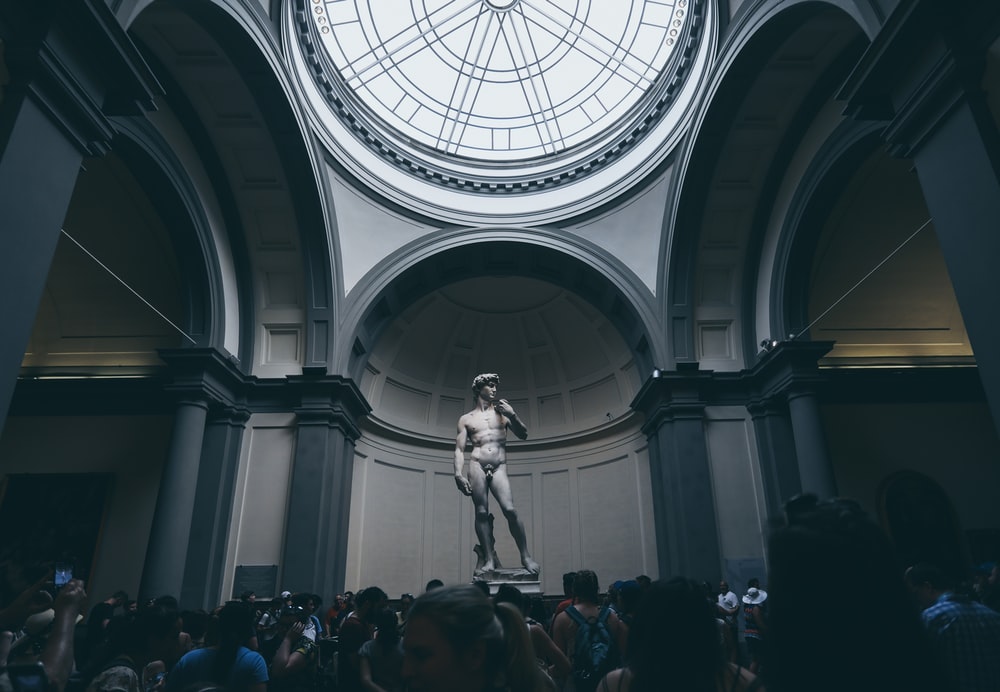GameStop, Reality, and Black Edge
A Great Stuff short.

Hey everyone,
It’s the tenth issue of Great Stuff! I don’t have much to say this week, because I haven’t read as much as I usually do. This happens occasionally, so I thought I’d put a name to these lazy-week newsletter issues. Welcome to the first Great Stuff short!
It’s fitting that this issue coincides with a craze about a very different kind of short. The GameStop drama has been on for a while now, and it’s pretty fascinating. In case you’ve been under a rock (the news is terribly depressing, I totally understand), let me start with a brief summary.
What happened?
A bunch of hedge funds placed billion dollar bets that the GameStop stock (GME) would tank. If it had actually tanked, these bets would have made the hedge funds lots of money. However, the opposite happened. An army of Redditors from r/WallStreetBets, a subreddit about trading, decided that they liked GameStop and wanted to stick it to the hedge funds. So they started buying massive amounts of GameStop stock through Robinhood, an app that’s made stock trading more accessible to individuals like you and I. This, in turn, increased demand for the stock, driving up its price from $4 to $200. Because the hedge funds lost their bet, they ended up losing lots of money (in the billions of dollars).
I wrote up a slightly more detailed explanation here, if you want to learn more.
Thoughts
I’m not sure what to make of all this. As someone who’s excited to learn and usually pretty quick on the uptake, even I don’t understand the entirety of the situation. (This is partly by design; Wall Street terminology is opaque to keep out outsiders.) In the media, the GameStop story appears to have been reduced to something of a David and Goliath narrative: college kids, weebs, and weirdos from r/WallStreetBets got pissed off at big, evil hedge funds and decided to steal their lunch money.
Unsurprisingly, this narrative misses a lot of important nuance. For one, Wall Street money is on both sides of this battle. In addition, r/WallStreetBets isn’t what it first appears—there are plenty of wealthy doctors, lawyers, and engineers on there, not just college kids who are trying to pay off student loans. I found this post on Margins to be pretty illuminating about why the whole affair is problematic.
But the David and Goliath narrative also isn’t completely off the mark. Hedge funds do some pretty shady stuff, from illegally trading on inside information to manipulating stock prices by spreading false rumours. If you want to learn how they operate, start by reading Black Edge: Inside Information, Dirty Money, and the Quest to Bring Down the Most Wanted Man on Wall Street by Sheelah Kolhatkar. Structured as a cops-and-robbers narrative, it’s pretty riveting. Interestingly, the “most wanted man on Wall Street” in the title is Steve Cohen, who runs Point72 Asset Management; that’s one of the firms involved in the GameStop saga!
After this whole drama started, I rewatched The Big Short (Netflix link), a movie about the 2008 financial crisis. It’s got Steve Carell, Ryan Gosling, Brad Pitt, and Christian Bale. Needless to say, it was a great watch. But it really brought home the fact that nothing good comes of markets losing touch with reality. The financial crisis was, at its core, caused by a collective hallucination that the housing market was never going to crash, which led banks to bet a lot of money on it. Something similar appears to be happening with GameStop. The company is not any more successful today than when its stock was $4 a few months ago. People are just buying it because others are.
It’s going to be interesting to see how this episode influences regulation. Some are concerned that it will lead to regulation that will hurt individual investors like the Redditors. But this seems unlikely, given that most influential politicians seem to have sided with Reddit. Still, more regulation is probably necessary, both for Wall Street side and for individuals using apps like Robinhood.
Share this post if you enjoyed it! There’s a handy share button at the bottom of this email, just waiting to be clicked. 🤤👇